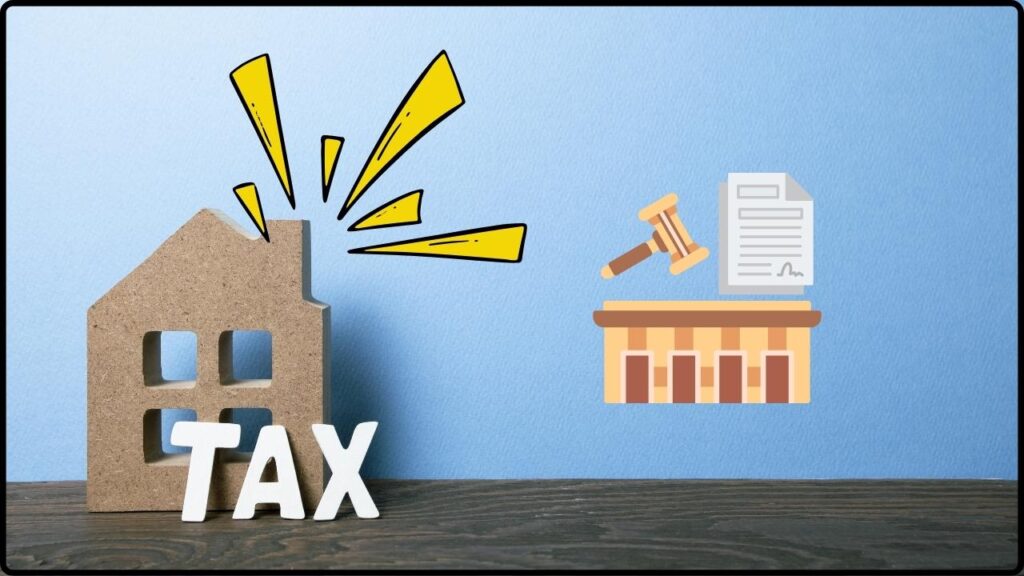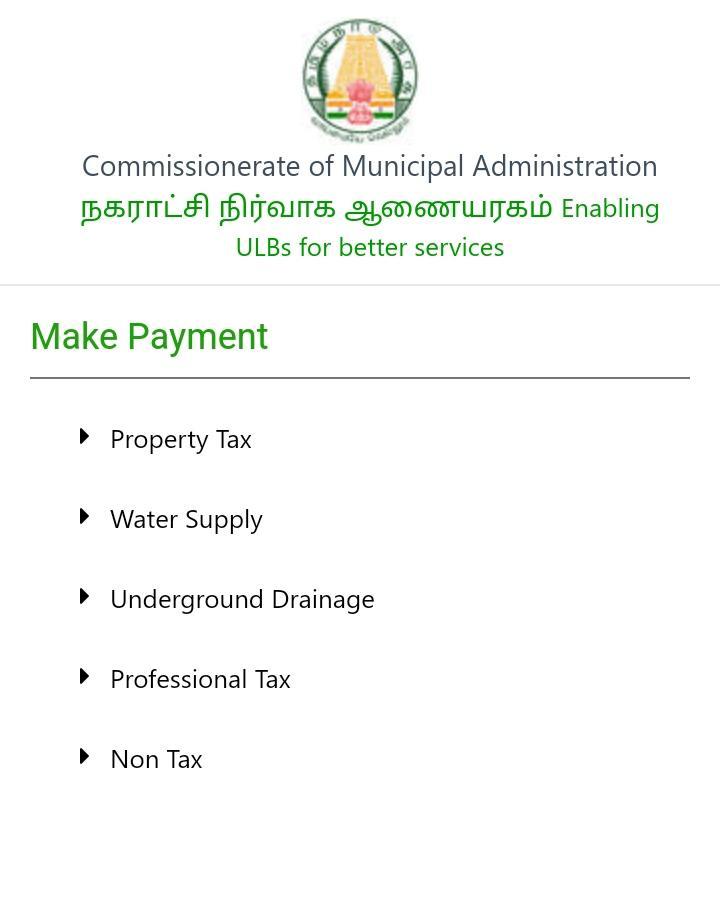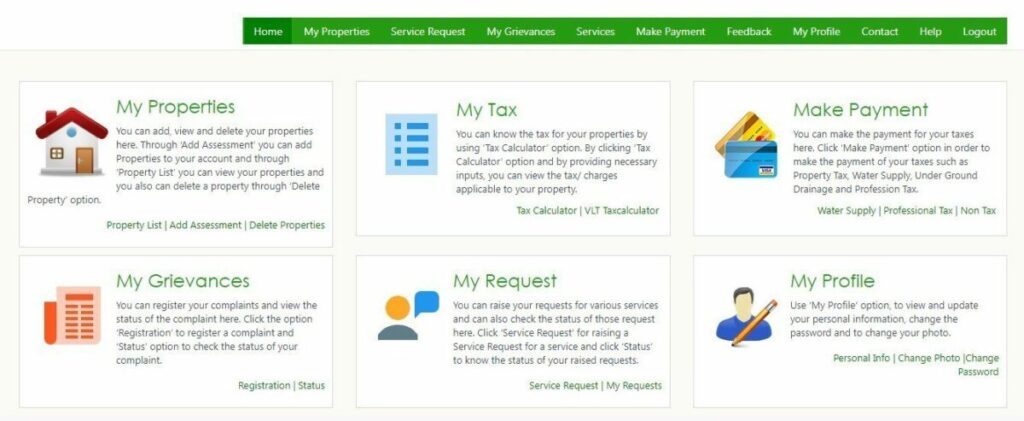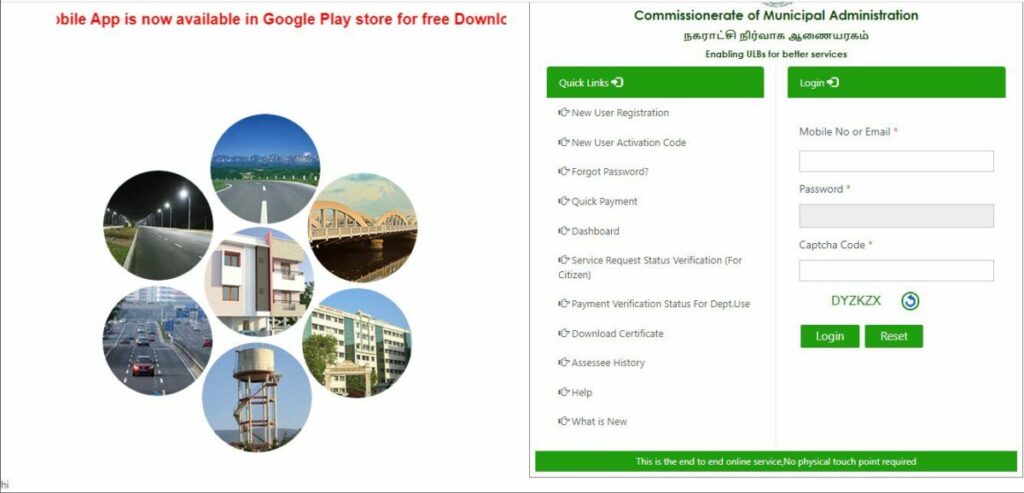Property Tax Shock: If you’ve been following the news lately, you might have stumbled upon the headline: “Property Tax Shock? Madurai Corporation Submits Action Plan to High Court.” Property tax might not sound like the most exciting topic for your morning coffee, but this story out of Madurai, India, packs lessons that matter not only for taxpayers there but also for anyone who’s ever asked: “Where does my money go?” Property taxes, whether in India or the United States, are one of the most consistent ways local governments fund essential services. Schools, roads, garbage collection, street lighting—these everyday basics are powered by tax money. But when corruption or inefficiency creeps in, taxpayers feel the shock. That’s exactly what happened in Madurai, where a massive ₹200 crore (over $24 million) property tax scam left citizens furious and the courts demanding answers.
Property Tax Shock
The Madurai property tax shock is more than a local scandal—it’s a global lesson. Transparent systems, citizen vigilance, and judicial oversight are the keys to protecting public money. Whether you live in India or Indiana, the bottom line is the same: property tax isn’t just about paying—it’s about paying attention.

| Key Point | Details |
|---|---|
| Issue | ₹200 crore property tax scam (2022–2024) in Madurai |
| Court Action | Madras High Court ordered a detailed property tax action plan |
| Action Plan | 100 inspection teams, two-phase audit of ~3.49 lakh properties |
| Oversight | 11-member committee led by Deputy Commissioner (Revenue) |
| Next Hearing | Scheduled for October 27, 2025 |
| More Info | Official Madurai Corporation Website |
Why This Matters: Lessons from Madurai’s Property Tax Shock
For Americans, think of this case like a U.S. city suddenly discovering tens of millions missing from property tax revenue. In Madurai, officials allegedly manipulated records so some property owners underpaid while the city bled funds meant for schools and infrastructure.
The High Court’s involvement shows how big this really is. Imagine if the U.S. Supreme Court had to step in because Los Angeles or Chicago lost $25 million in local taxes. That’s the level of seriousness here.

Property Tax Shock: Breaking Down the Action Plan
Madurai Corporation didn’t just draft a vague report. The High Court required a detailed, step-by-step plan to ensure taxpayers’ money won’t vanish again.
Step 1: Forming Inspection Teams
- 100 teams, one for each ward.
- Each team includes a tax collector, technical assistant, and sanitary supervisor to ensure no loopholes.
- Senior officers received training on new procedures.
Step 2: Two-Phase Property Assessment
- Phase 1: Inspect 65,994 buildings—40,261 commercial, 2,315 industrial, 317 private educational, and 23,101 residential properties that used commercial electricity.
- Phase 2: Audit the remaining 196,082 properties in the city.
Step 3: Oversight and Monitoring
- An 11-member committee chaired by the Deputy Commissioner (Revenue).
- Reports reviewed by the Commissioner and forwarded to the Director of Municipal Administration.
- Regular updates to the court.
This isn’t about paperwork; it’s about building a system where fraud cannot slip by unnoticed.
Historical Context: Property Tax Systems
India
In India, property taxes are often outdated or inconsistently collected. Many municipalities rely on old records, sometimes decades old. According to the World Bank, Indian cities collect only 0.2% of GDP from property tax, compared to 2% in developed nations. This gap leaves cities cash-strapped and vulnerable to fraud.
United States
By contrast, property tax is the largest source of revenue for U.S. local governments. In 2022, U.S. cities and counties collected $619 billion in property taxes, nearly 30% of all local revenues (Urban Institute). Annual assessments and clear appeal systems help reduce corruption, though disputes and mistakes are still common.

The Impact on Ordinary Citizens
For a middle-class family in Madurai, this scam meant fewer resources for basics—cleaner streets, better schools, or fixed potholes. Imagine paying your bill, yet still walking your kids to a school with leaking ceilings because money was siphoned off.
In the U.S., the same dynamic applies. When Detroit went bankrupt in 2013, part of the crisis was tied to collapsing property tax revenues. Services failed: schools shut, cops went unpaid, and streetlights went dark. When local tax systems falter, citizens pay twice—once through their wallets, and again through weaker services.
Legal and Judicial Angle
The Madras High Court wasn’t just reacting emotionally. Courts in India step in when governance breaks down. In this case, the judges ordered Madurai to submit a practical, time-bound action plan. They also instructed the Tamil Nadu government to circulate Madurai’s model statewide, signaling reforms beyond one city.
The court’s stance echoes how the U.S. Supreme Court sometimes forces transparency—for example, mandating states to follow stricter financial reporting during municipal crises.
How the Madurai Audit Will Work: A Step-by-Step Example
- Inspectors visit a commercial property.
- They check the building size, use, and electricity type.
- Cross-check data against official records.
- If underreporting is found, a corrected tax assessment is issued.
- Oversight committee verifies the audit before forwarding to higher officials.
- Final reports are shared with the High Court.
This level of detail aims to shut down the kind of manipulation that allowed the earlier scam.
Expert Opinions
According to urban policy researcher Dr. A. Venkatesan, “Property tax is not just about raising money. It’s about fairness and trust. If citizens see their taxes funding better neighborhoods, they’re more willing to pay. But when scams dominate headlines, compliance drops.”
The High Court echoed this view, noting that property tax reforms must be citizen-friendly to avoid resistance.

Global Comparisons
- United Kingdom: Council tax is based on property bands, updated every few years. Fraud is rare due to strict rules.
- Canada: Properties are reassessed every four years, with an easy appeals process for homeowners.
- United States: Local governments adjust values annually or bi-annually. Homeowners regularly appeal assessments, keeping the process transparent.
Madurai’s reforms bring it closer to global best practices.
Practical Guide: How to Stay Ahead of Property Tax Issues
Whether in India, the U.S., or elsewhere, here’s a checklist for homeowners:
- Check Your Assessment Notice – Look for errors like wrong square footage.
- Compare With Neighbors – If your bill is way higher than a similar property, you may have grounds to appeal.
- File an Appeal – In India, go to your municipal office. In the U.S., file with your county assessor.
- Track Spending – Many cities provide open-data portals. Citizens in India can push for this too.
- Stay Involved – Attend local meetings and hold officials accountable.
36 Shops Sealed in Indore – Property Tax Non-Payment Crackdown Intensifies
Deadline Extended: Property Tax Defaulters Get Time Till August 31 to Settle Dues
Jane Street Tax Probe Deepens as EY Pulled Into Investigation
Why Property Tax Scams Hurt Everyone?
The ₹200 crore loss in Madurai equals:
- 50 new schools
- Hundreds of miles of road repairs
- Dozens of upgraded waste facilities
When corruption eats away at revenue, taxpayers foot the bill while services crumble. It’s like when a buddy skips out on splitting dinner—you pay more and get less.
Future Outlook
The High Court set the next hearing for October 27, 2025. If Madurai’s action plan works, it could become a model for all Tamil Nadu cities. Analysts believe this case could even influence reforms across India, encouraging better records, open data, and citizen involvement.
Globally, the story is a reminder that property tax is never just paperwork. It’s the backbone of city life. When it works, you see smoother roads, safer schools, and cleaner neighborhoods. When it fails, everyone feels the pinch.










